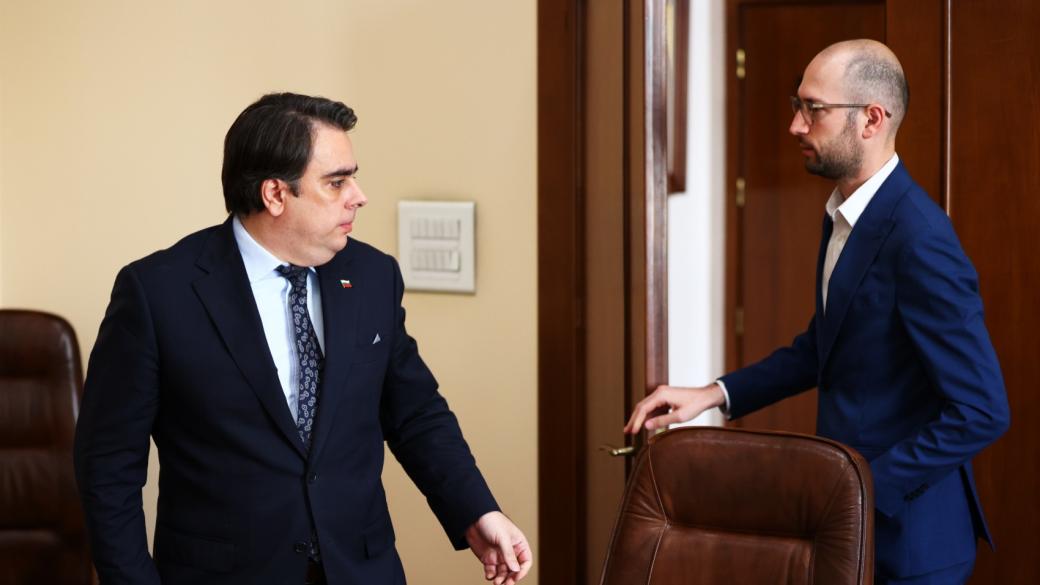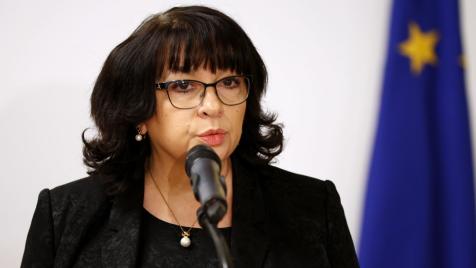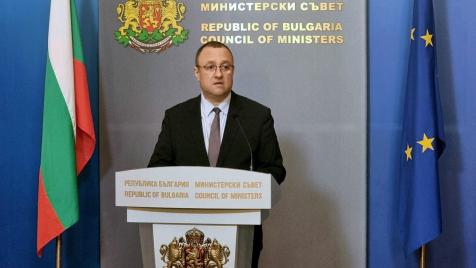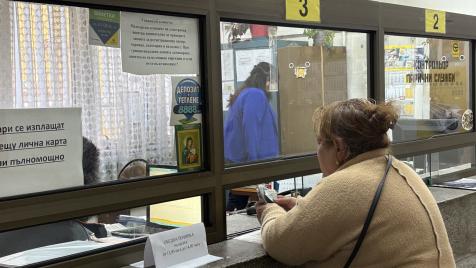Bulgarian Ministry of Finance expects a compromise on Eurozone enlargement
Assen Vassilev's office expects higher inflation, but is confident of accession on 1 January 2025
"There is an understanding in Brussels":

© ECONOMIC.BG / BTA
Asen Vassilev (left), Bulgarian Minister of Finance, and his Deputy Minister Georgi Klisurski
The Bulgarian Ministry of Finance Assen Vassilev expects higher inflation next year compared to its medium-term budget forecast published in the summer. While it initially stipulated that the average increase in prices would be 3.8%, Deputy Finance Minister Georgi Klisurski has now announced that he expects inflation to surge to 5% in 2024.
Nevertheless, the government believes that Bulgaria will be able to enter the Eurozone on 1 January 2025 with certain concessions in the criteria already agreed upon in Brussels.
Formally, in April, the European Commission will come out with a convergence report, which will compare the inflation of the three member states with the lowest indicators, average it and add 1.5 points. The indicator in Bulgaria must be within the calculated limit. So far, the math shows that Bulgaria is far above the permissible values.
There are several things to clarify here," explained Deputy Minister Klisurski. "Some of the countries with the lowest inflation may be excluded by the Commission. This is what happened to Croatia. Taking that into account plus the slowdown in our inflation, we may meet the benchmark."
He added that it makes more sense for the 1.5-point buffer to be "wider", because when it was first introduced it was intended for inflation levels of around 2%.
I think there is an understanding in Brussels on this issue," he added.
In terms of economic growth, the finance ministry appears to be slightly lowering its expectations for next year. Klisurski pointed out that next year's economic expansion will be 3.2%, while the medium-term forecast indicates 3.3%.
The new forecast is in line with that of the International Monetary Fund (IMF) and slightly above that of the World Bank for growth of 2.9%.
This is an acceleration of growth compared to the forecast of 1.8% this year and relies mainly on expectations of more inflow funding from the EU funds and the Recovery Plan, as well as on expectations of a more active capital program.
Klisurski added that next year, Bulgaria has to send requests to the European Commission for two more payments under the Recovery Plan.
Regarding the government debt, Klisurski confirmed that Bulgaria will take out a new loan by the end of the year, as
steps are taken for the issuing and (the government is) currently awaiting advice from the bank managers regarding the best timing of the markets with the most favorable terms”.

 Antoniya Simova
Antoniya Simova 




